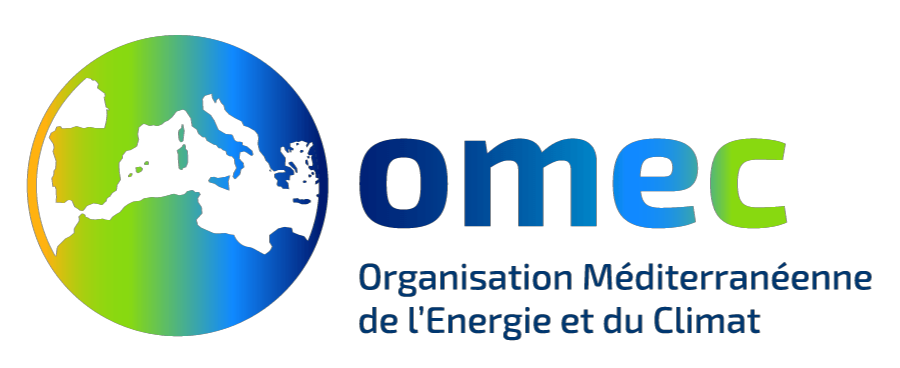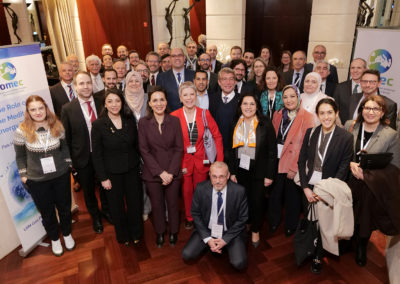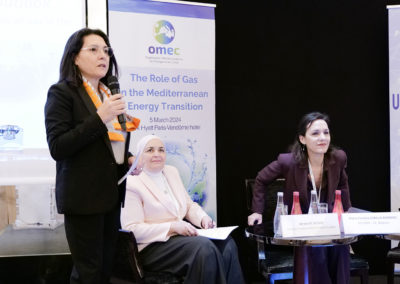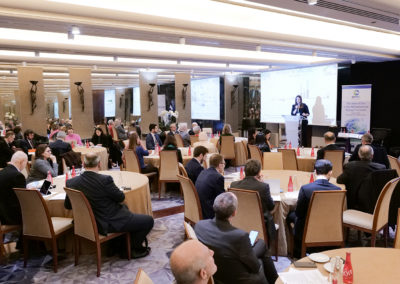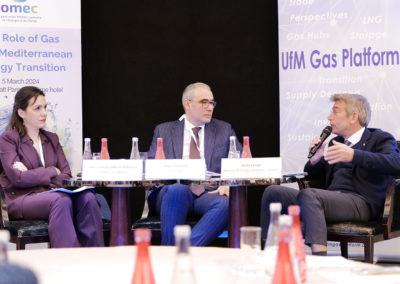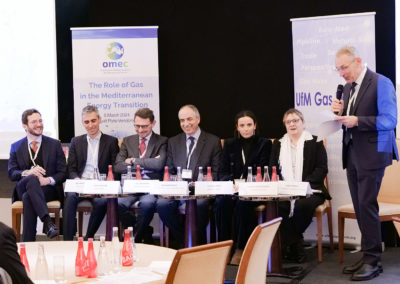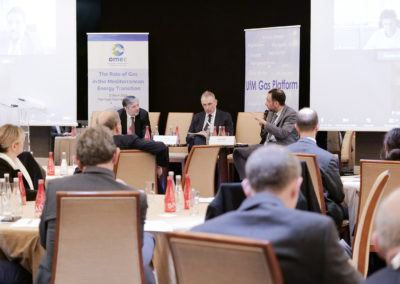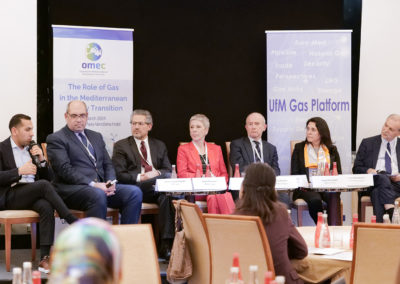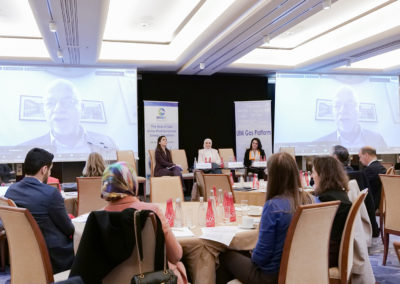Doubts about the future of natural gas in the coming decades are unfounded as its role as a transitional fuel in the energy mix will be essential to 2050 and beyond
On 5 March, the UfM (Union for the Mediterranean) Gas Platform conference took place at the Park Hyatt Paris-Vendôme hotel. Organised by the Organisation Méditerranéenne de l’Énergie et du Climat (OMEC, formerly OME), as Secretariat of the Platform and with the support of the European Commission, the event examined both energy security and climate challenges through the lens of the Role of Gas in the Mediterranean Energy Transition. Over 100 delegates, online or in person, from institutions and the industry from more than 20 countries of the Euro-Mediterranean region contributed to the success of the event.
Postponed from December 2023 due to the ongoing crisis in the Eastern Mediterranean, the conference’s speakers were united in stressing the urgent need to reestablish lasting stability in the region. Geopolitical security is indeed a prerequisite for achieving energy security and a just energy transition. Amid such unpredictability, there was certainty among speakers that natural gas will be among the best solutions for moving towards a net-zero future in the coming decades, while ensuring a reliable energy supply and also supporting the economic development and livelihood of people in the region. But, reduction of methane emissions is part of the energy transition process.
Although the shift from fossil fuels to renewable energy will undoubtedly rely on natural gas as a transitional fuel, an ecological transition also necessitates a curbing of demand through significant energy savings and better energy efficiency. It is essential to see the demand for oil and coal to be drastically reduced, and for gas to decrease by half. Importantly, the paths to achieving net zero will be different for the Southern and Northern Mediterranean regions.
New resources and technologies will play an important role in the region’s energy transition. Europe’s burgeoning biomethane and biogas production has the potential to reduce CO2 emissions in an affordable and scalable way, and to reduce dependency on natural gas from third countries. Projecting further forward, hydrogen is expected to be an important element in the decarbonised energy mix of the future, representing an exciting opportunity for pioneering countries like Egypt and Morocco.
Regional cooperation was a recurring theme of the discussions. Net-zero targets can only be achieved through a holistic view of energy systems, and strategic and regulatory synergy across the Mediterranean.
